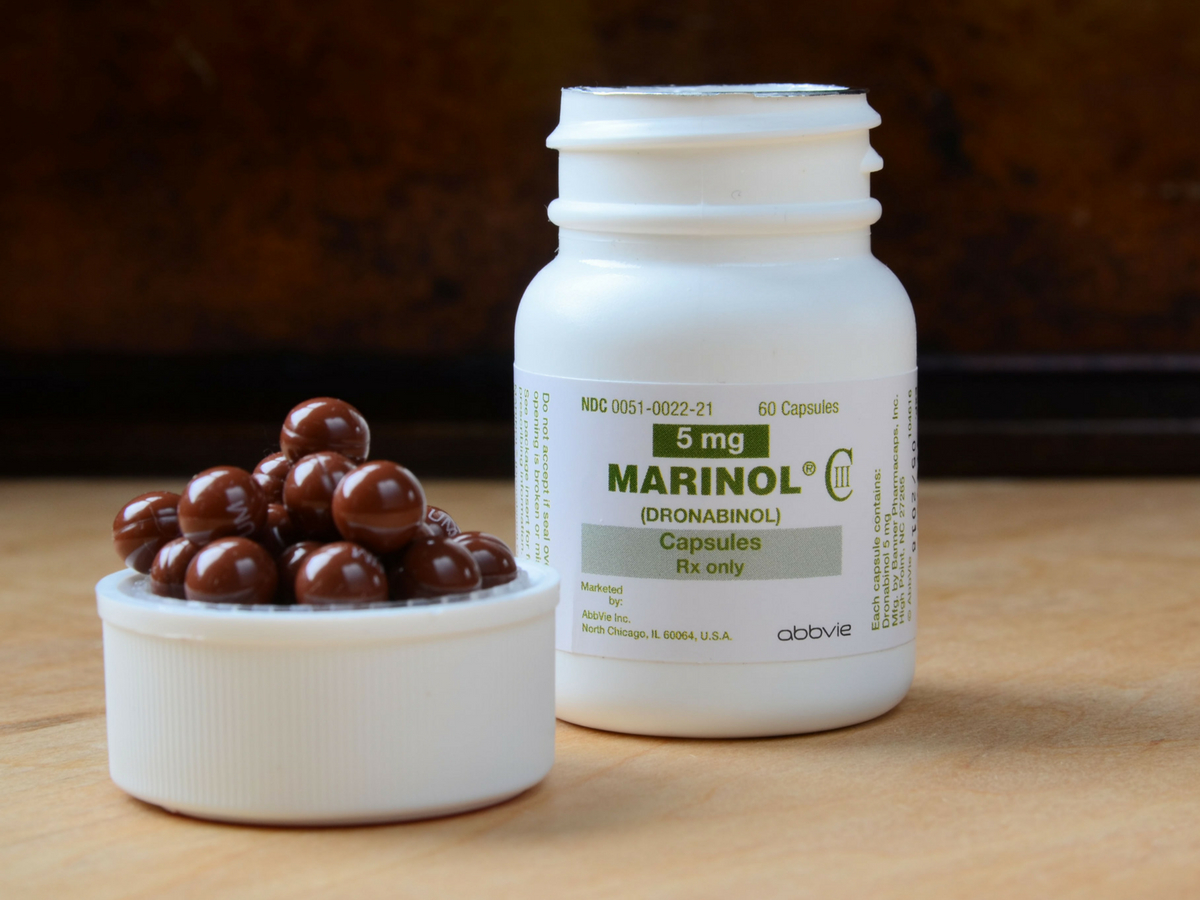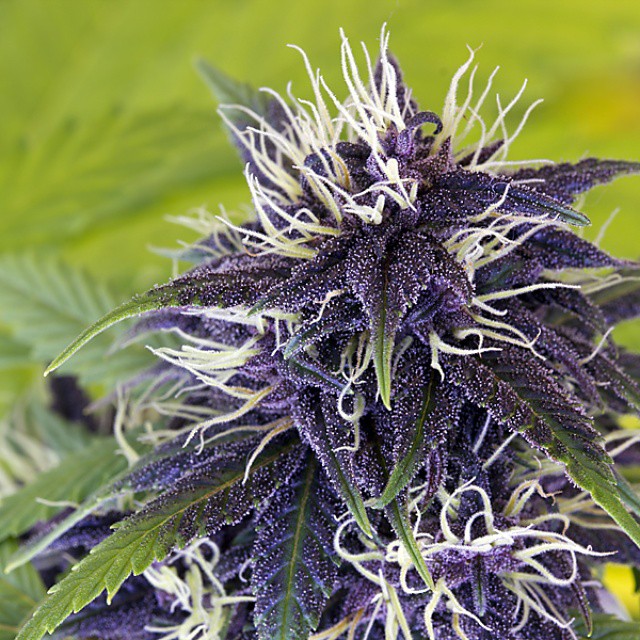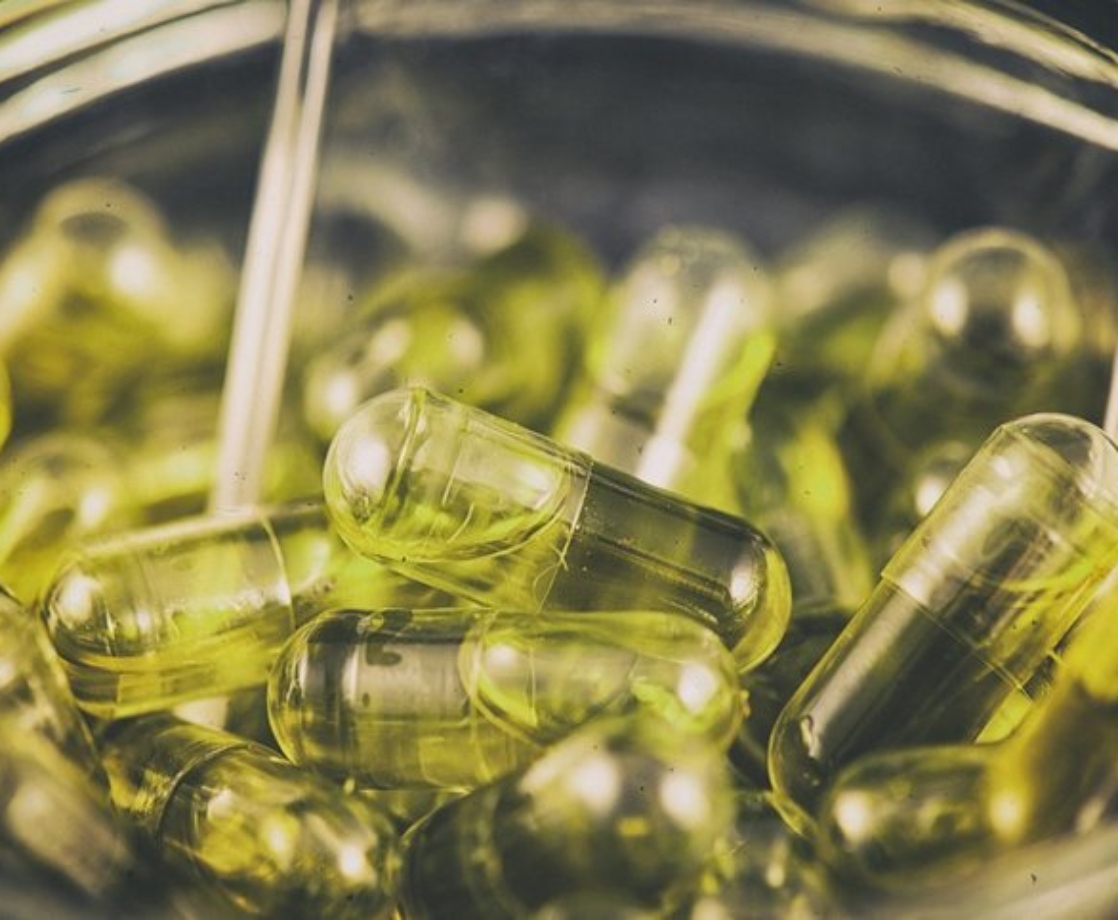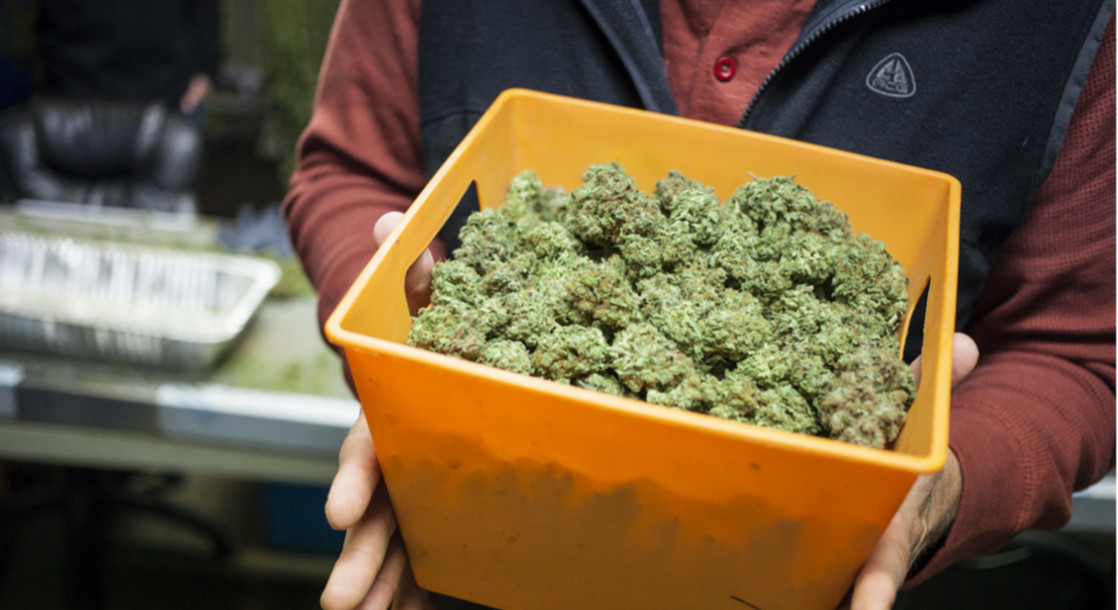Weed comes in a lot of different forms: Flower, pre-rolls, waxes, shatters, and hashish, to name a few. While most cannabis customers and patients prefer their weed in inhalable or edible forms, some folks go with another type: THC pills.
Technically, there are two kinds of THC-infused pills. The first kind includes capsules filled with cannabis oil. These weed oil pills are often provided by medical dispensaries, and they’re made with raw cannabis extracts pulled directly from the plant. Most patients who rely on weed oil pills take them to get large doses of THC, which cancer and AIDS patients require for a therapeutic effect. These sorts of THC pills are not what we’ll be going over today.
The second kind of THC pill, which we will review here, contains dronabinol. For the uninitiated, dronabinol is a fancy name for “THC made in a lab.” It’s nearly chemically identical to the THC found in weed, except it’s not extracted from cannabis. Instead, chemists mix a bunch of chemicals together to generate dronabinol. And since dronabinol doesn’t come from the plant, pharmaceutical companies can circumvent Schedule I restrictions to manufacture, distribute, and sell it.

Marinol: Federally Legal, FDA-Approved Medical “Weed”
Dronabinol is currently marketed under two brand names: Marinol and Syndros. Both products are made with dronabinol, but only Marinol comes in pill form. It’s currently available in 2.5mg, 5mg, and 10mg doses.
Marinol, which is basically lab-made THC, is FDA-approved, meaning doctors can legally prescribe it to American patients, and many insurance plans will cover the drug’s costs. The drug is dispensed to cancer and AIDS patients to control nausea, vomiting, and anorexia caused by chemotherapy.
Medical marijuana, on the other hand, is not FDA-approved, nor will American insurance companies cover it.
Gallery — Cannabis Up-Close:
No One Really Likes Marinol, Though
Although Marinol confers many of the same medicinal benefits as marijuana, patients report that it is not as efficacious as weed, and it exhibits stronger side effects than plain ol’ cannabis, too.
One of Marinol’s biggest drawbacks is that it induces anxiety in many patients. Although weed can do the same thing in large amounts, some Marinol patients stop taking it based on this side effect alone.
Additionally, Marinol has not caught on with marijuana patients like plant-derived products have. The drug’s cost may be a factor — a month’s supply can run over $600 without insurance. Compare that to an ounce of medical weed, which goes for less than $100 in some mature state-legal markets.
But studies also show that marijuana’s thousands of chemical components — a mixture of cannabinoids, terpenoids, and other beneficial compounds — taken together, are more effective at treating maladies than isolated cannabinoid drugs like Marinol, which contain only a single cannabinoid, dronabinol or THC.
Some researchers refer to cannabis’s whole-plant benefits as the entourage or ensemble effect, where the plant’s healing powers are generated by multiple plant compounds working in concert rather than in isolation.

Why Marinol Really Exists
Why did pharmaceutical companies go through all the trouble of synthesizing dronabinol in a lab when cannabis naturally produces the same damn chemical? To block legalization efforts, of course.
Dronabinol has been around for decades, but it didn’t get FDA approval until 1985, and most folks didn’t even know about it until the FDA permitted marketing Marinol for anorexia in the 1990s. At that time, Dr. Donald Abrams at the University of California-San Francisco was performing medical marijuana studies on AIDS patients. After jumping through numerous red-tape hurdles to receive DEA approval for his studies, Abrams and other cannabis advocates showed that weed not only treated many of the symptoms and pharmaceutical side effects associated with AIDS, but it also diminished HIV’s ability to destroy the human immune system, too.
Cue Marinol, the FDA’s response to a burgeoning medical marijuana movement. After all, who needs marijuana if THC can be made in a lab and packaged as a little pill? Or so went the government’s (misguided) reasoning.
Marinol’s existence proves what ridiculous lengths our government will go through to keep marijuana illegal. At MERRY JANE, we would reverse this question: Why does anyone need artificial THC pills when a plant already makes this wonderful molecule?
Follow Randy Robinson on Twitter











